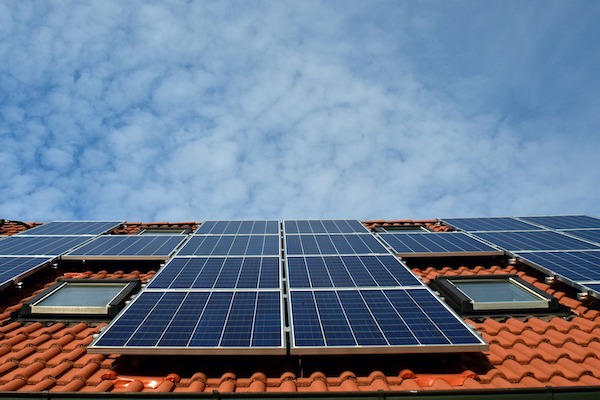
In today’s world, where energy consumption is a significant concern, homeowners are increasingly looking for ways to optimize their energy usage. This has led to a showdown between traditional and smart home energy systems.
Let’s delve into the comparison to understand the nuances and benefits of each.
Traditional Home Energy Systems
Traditional home energy systems typically consist of conventional heating, ventilation, and air conditioning (HVAC) units, along with standard appliances and lighting fixtures. While these systems have been the norm for decades, they come with their own set of pros and cons.
Smart Home Energy Systems
On the other hand, smart home energy systems leverage cutting-edge technology to optimize energy usage. These systems often include smart thermostats, energy-efficient appliances, and advanced monitoring devices. They offer greater control and automation, leading to enhanced efficiency and cost savings.
Cost Comparison
One of the primary considerations for homeowners is the cost involved. While traditional systems may have a lower initial investment, smart systems offer long-term savings through energy efficiency and reduced utility bills. It’s essential to weigh the upfront costs against the potential savings over time.
Convenience and Control
Smart systems excel in terms of convenience and control. With features like automation and remote access, homeowners can adjust settings and monitor energy usage from anywhere, using their smartphones or tablets. This level of flexibility and accessibility is unmatched by traditional systems.
Integration with Renewable Energy
Another advantage of smart systems is their compatibility with renewable energy sources such as solar panels and wind turbines. By integrating these technologies, homeowners can further reduce their reliance on the grid and maximize their energy independence.
Environmental Impact
In terms of environmental impact, smart systems have the edge over traditional ones. By optimizing energy usage and incorporating renewable sources, they help reduce carbon emissions and promote sustainable living practices.
Security and Reliability
When it comes to security and reliability, both types of systems have their strengths and weaknesses. While traditional systems may offer a certain level of familiarity and reliability, smart systems provide additional features such as protection against outages and data privacy concerns.
Future Trends
Looking ahead, the future of home energy systems is undoubtedly smart. With ongoing technological advancements and increasing awareness of environmental issues, the demand for smart solutions is expected to grow significantly in the coming years.
Making the Right Choice
When weighing the choice between traditional and smart home energy systems, it all boils down to individual requirements and preferences. Factors like budget, lifestyle, and long-term objectives play pivotal roles in making an informed decision. Seeking advice from energy experts can offer invaluable insights and direction in navigating this choice. For personalized recommendations tailored to your specific circumstances, consider reaching out to energyhelpline.com. Their expertise can help you evaluate your options comprehensively and make a decision that aligns perfectly with your needs and aspirations.
In the showdown between traditional and smart home energy systems, the latter emerges as the clear winner in terms of efficiency, convenience, and environmental impact. While traditional systems may still have their place, the future undoubtedly belongs to smart, sustainable solutions.







![[Review] Obstacles To Opportunity, by Pat Alacqua Obstacles to Opportunities book](https://i0.wp.com/www.youngupstarts.com/wp-content/uploads/2025/05/Osbtacles-to-Opportunities-book.jpg?resize=300%2C194&ssl=1)